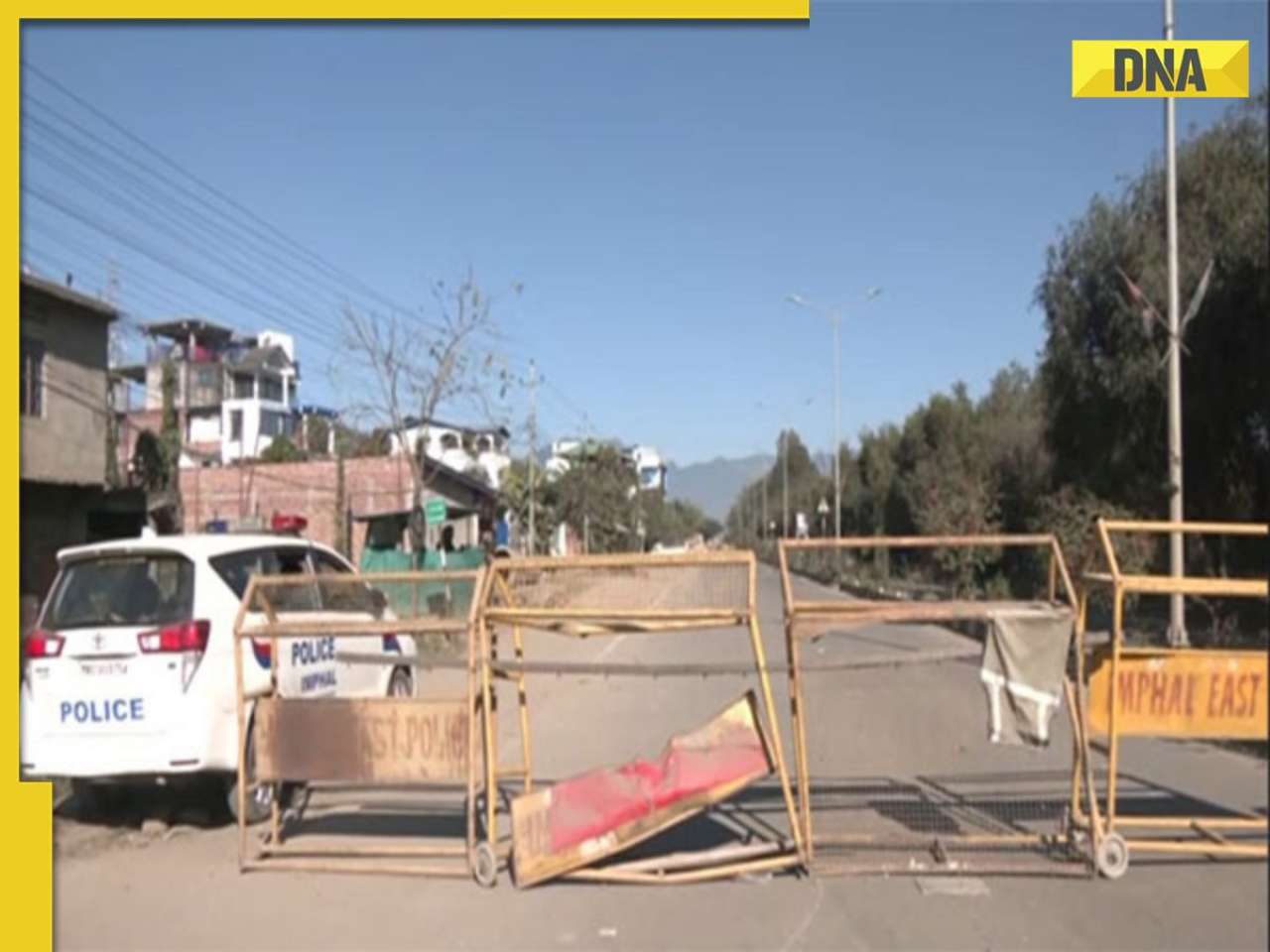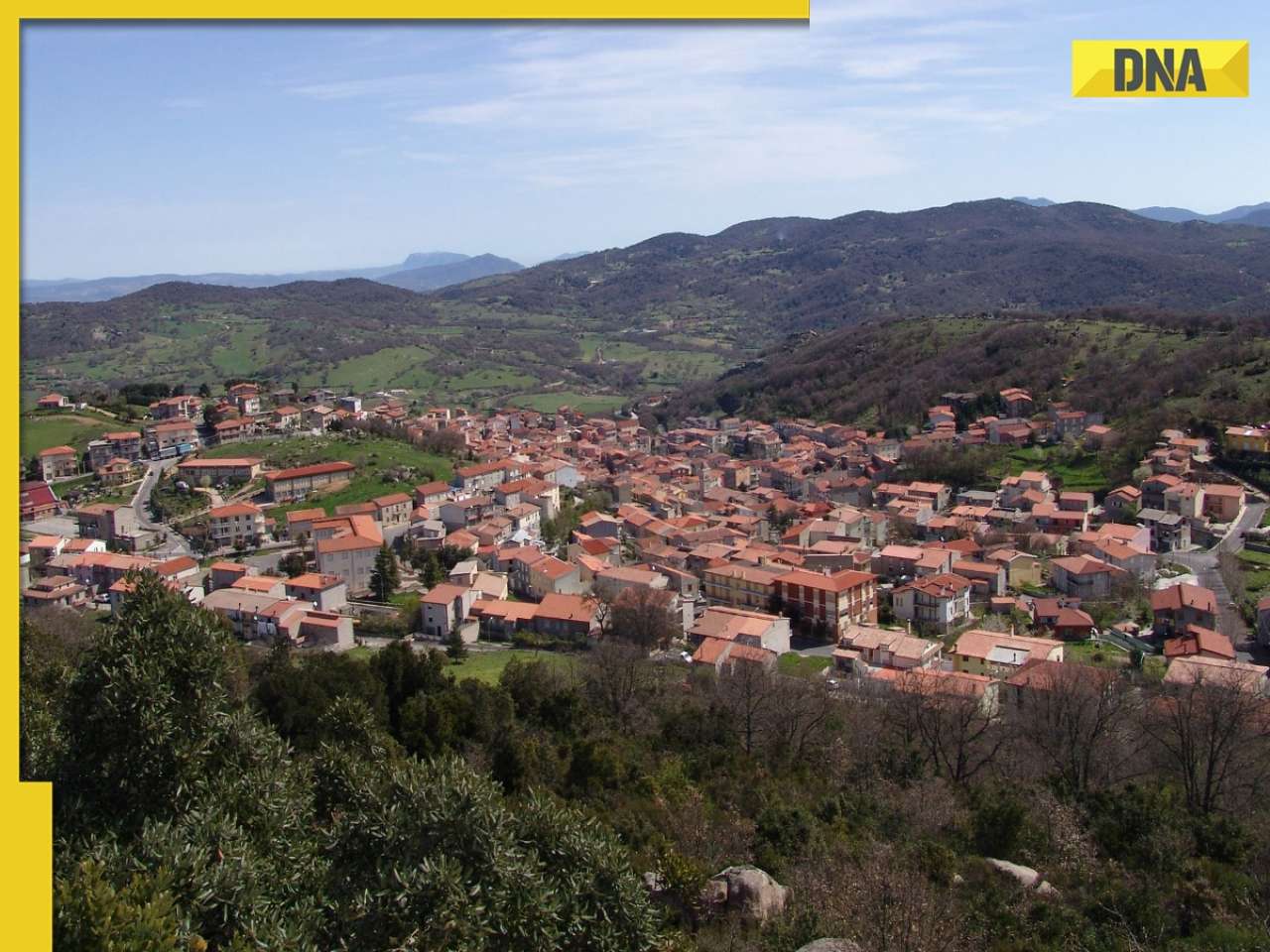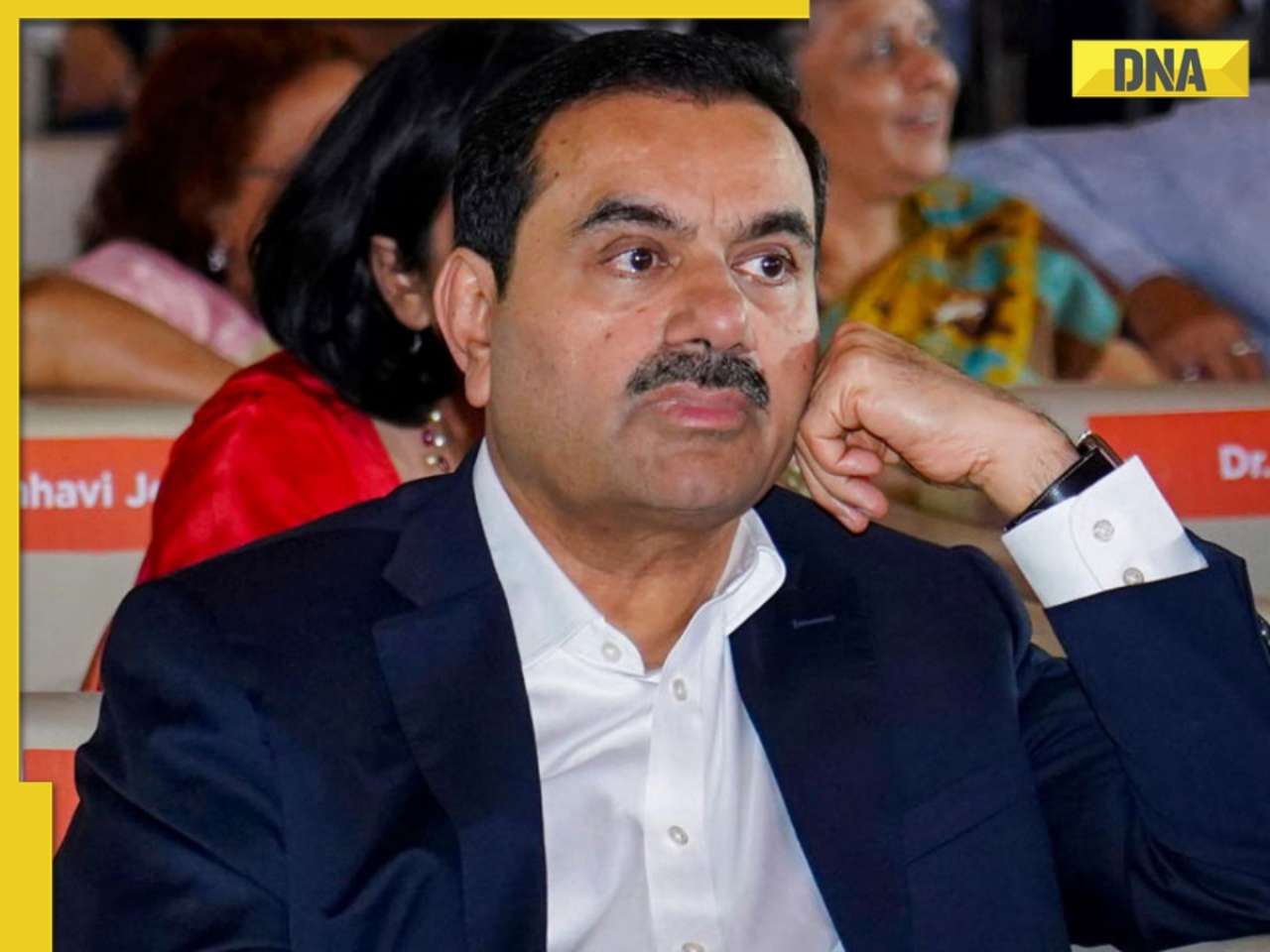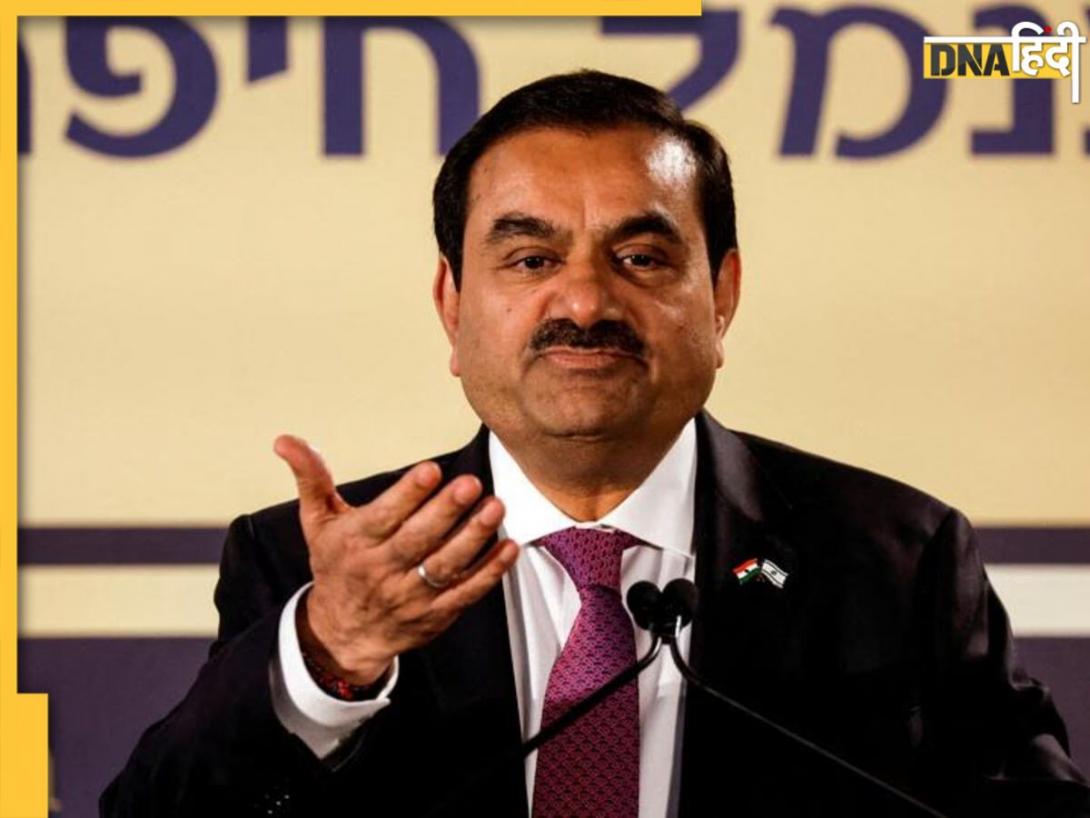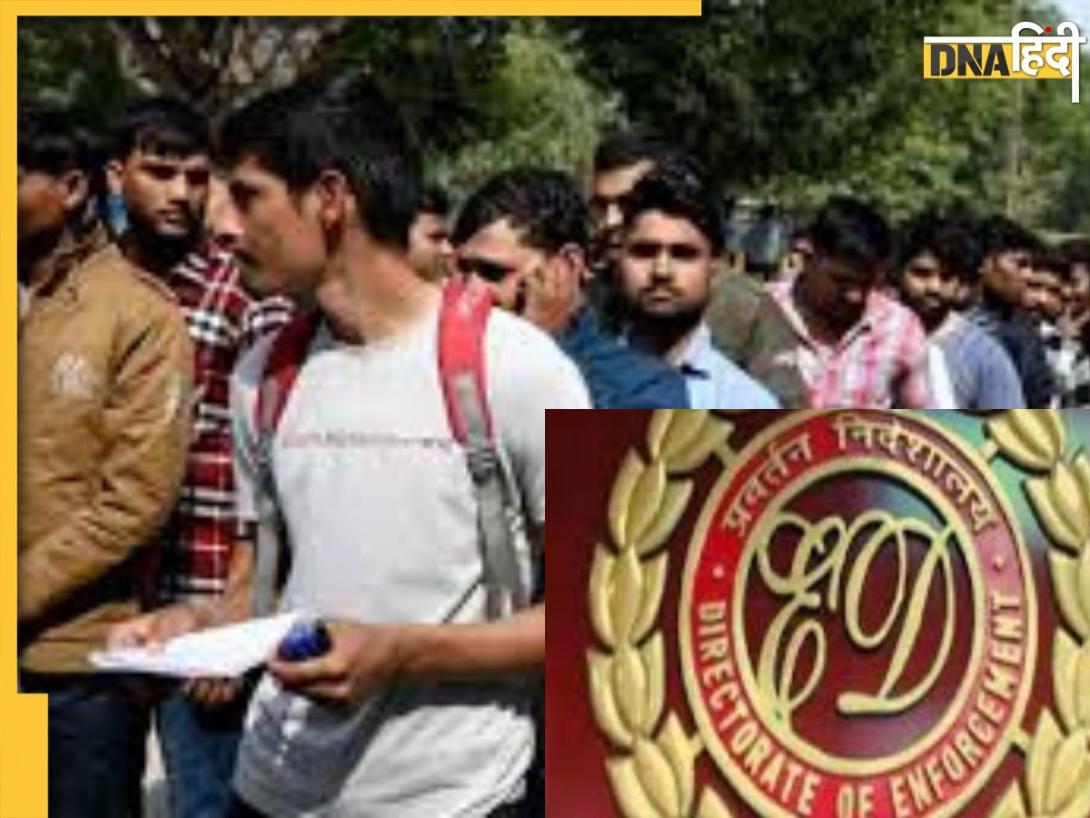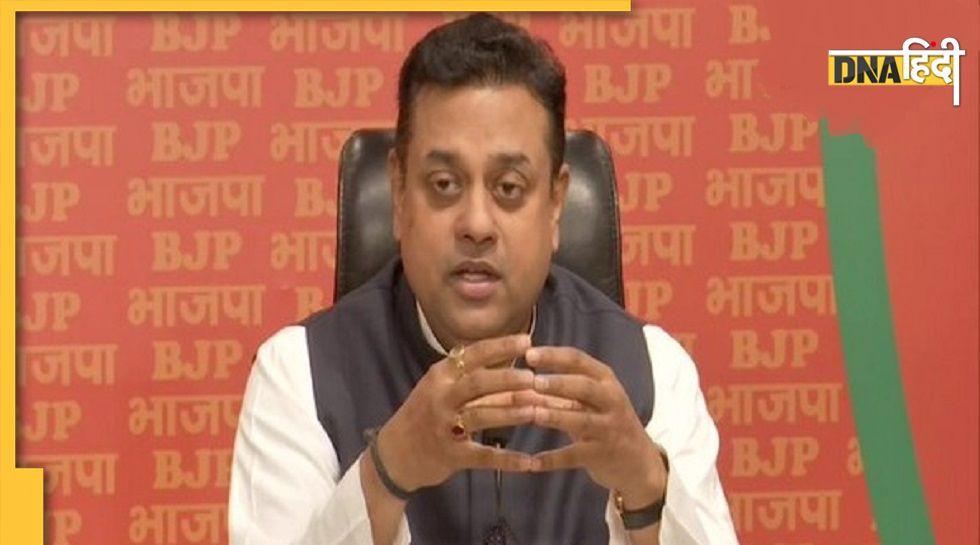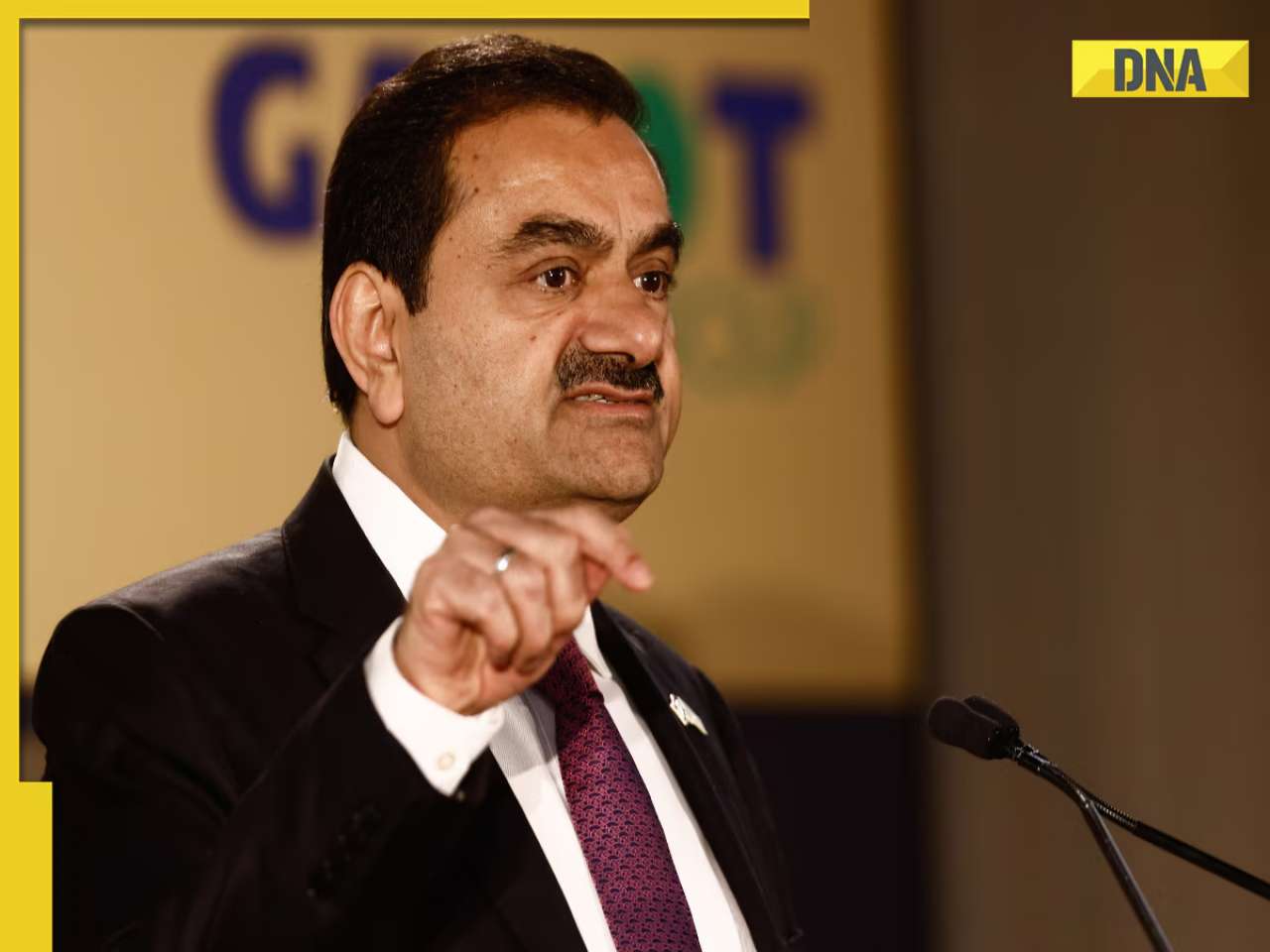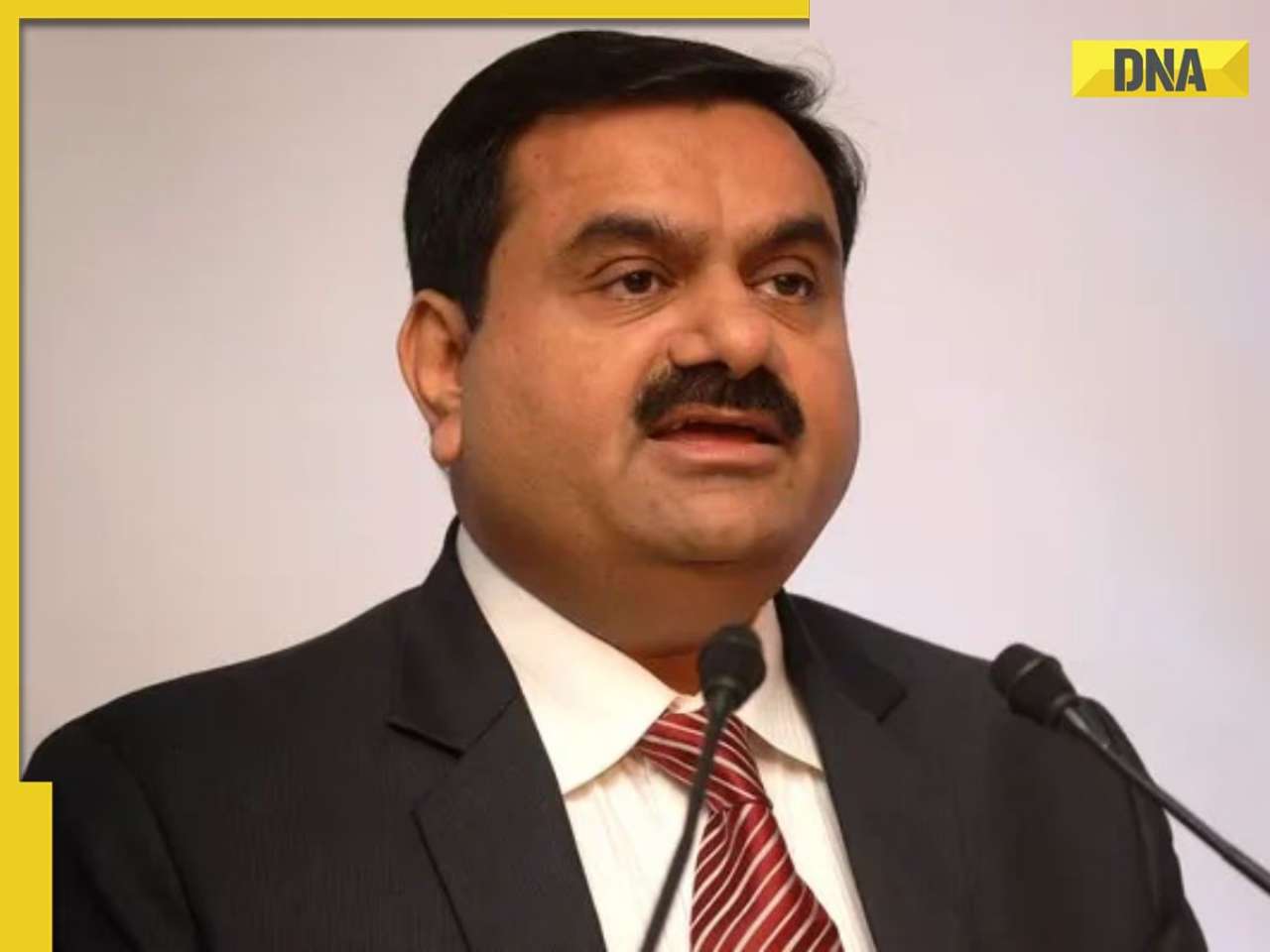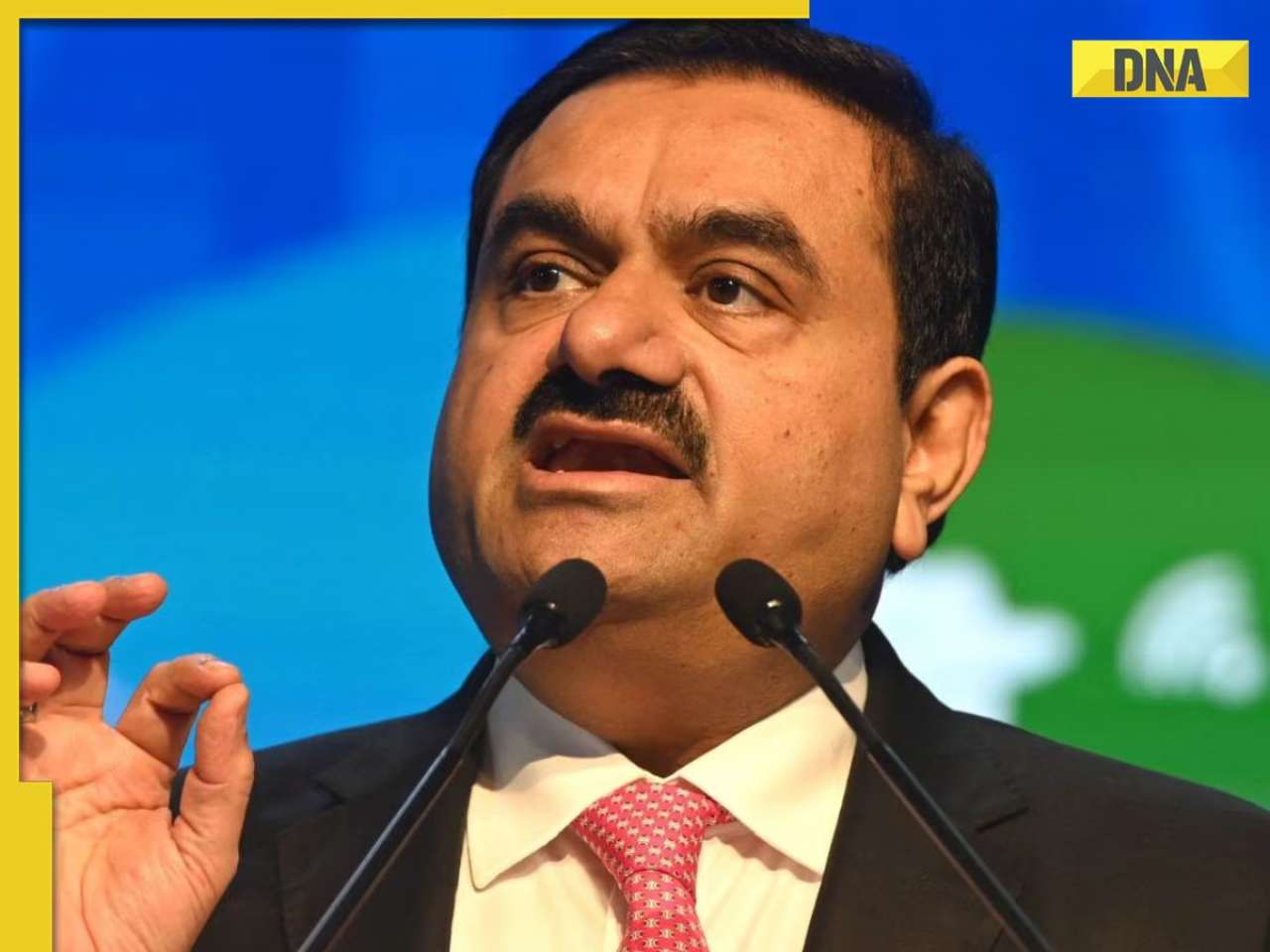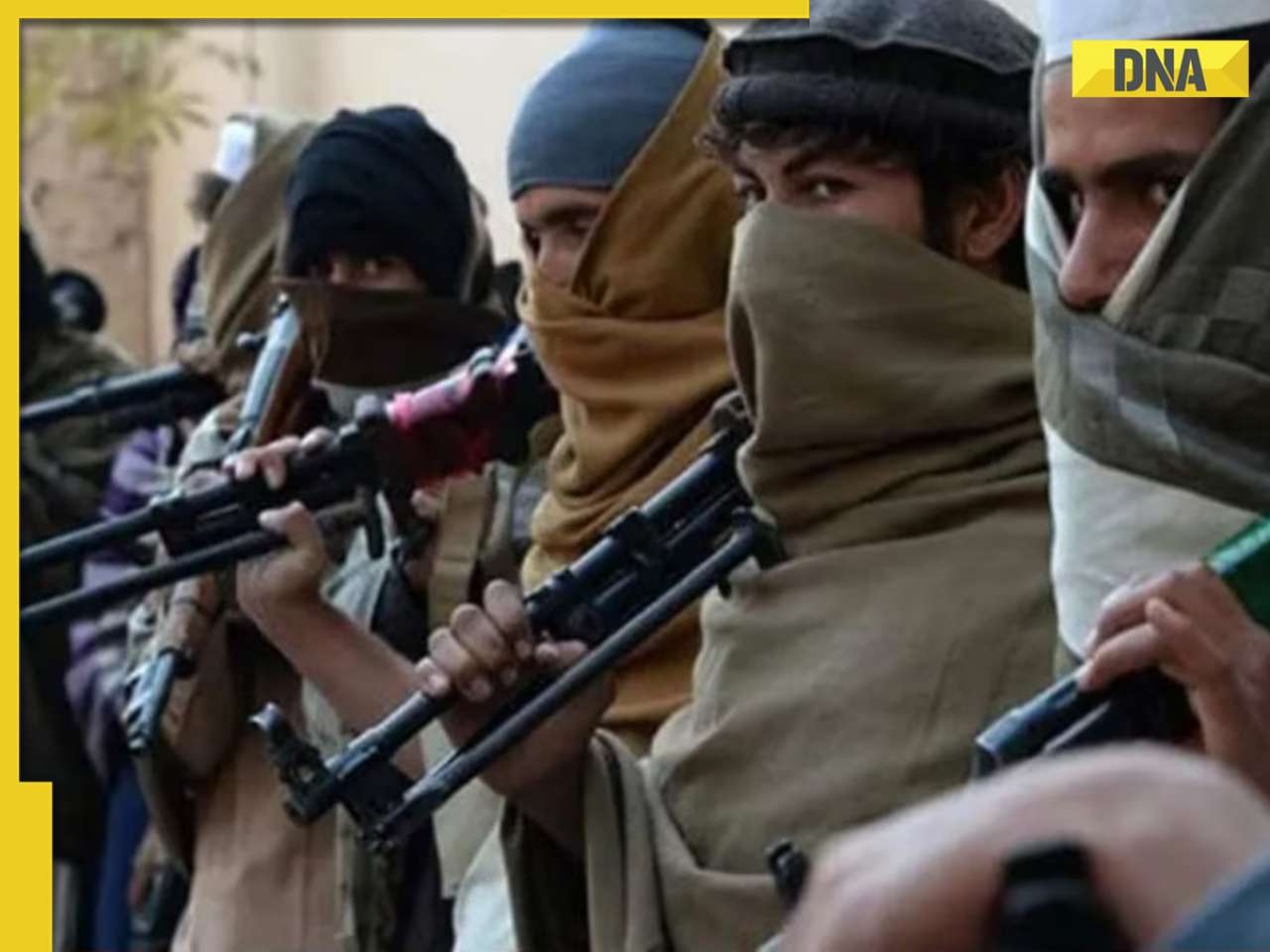- LATEST
- WEBSTORY
- TRENDING
WORLD
Sheikh Hasina resigns: Bangladesh PM who survived massacre, saw father, brothers being murdered, flees country
The protests were against a controversial quota system that reserved 30% of government jobs for relatives of veterans from Bangladesh's War of Independence in 1971
TRENDING NOW
Bangladesh Prime Minister Sheikh Hasina resigned and left the country on Monday amid violent unrest. Media reports claimed that Sheikh Hasina was forced to step down due to massive protests. The protests were against a controversial quota system that reserved 30% of government jobs for relatives of veterans from Bangladesh's War of Independence in 1971.
Sheikh Hasina, the daughter of Sheikh Mujibur Rahman who led Bangladesh's 1971 Liberation War, spent her early years in Tungipara before moving to Dhaka. She began her political journey as the vice-president of Eden College's Students Union in the late 1960s.
Her political life started with tragedy. On August 15, 1975, her father, the first leader of independent Bangladesh, was assassinated by military officers in a coup. This brutal event, which claimed almost her entire family, is believed to have driven her to amass significant political power and shaped her political career.
After the assassination, Hasina lived in exile in India for several years. She eventually returned to Bangladesh and assumed leadership of the Awami League. During the 1980s, the country’s military rulers placed her under house arrest multiple times. Despite these challenges, she became prime minister for the first time following the general elections in 1996.
Hasina's tenure has been marked by a prolonged power struggle with former Prime Minister Khaleda Zia, leader of the Bangladesh Nationalist Party (BNP). This rivalry has deeply polarised Bangladesh, with Hasina accusing the BNP of supporting hardline extremists, while the BNP claims that the Awami League uses oppressive methods to maintain control.
Reelected in 2008, Hasina focused on economic development and infrastructure, extending power lines to remote villages, and building highways, rail lines, ports, and a competitive garment industry.


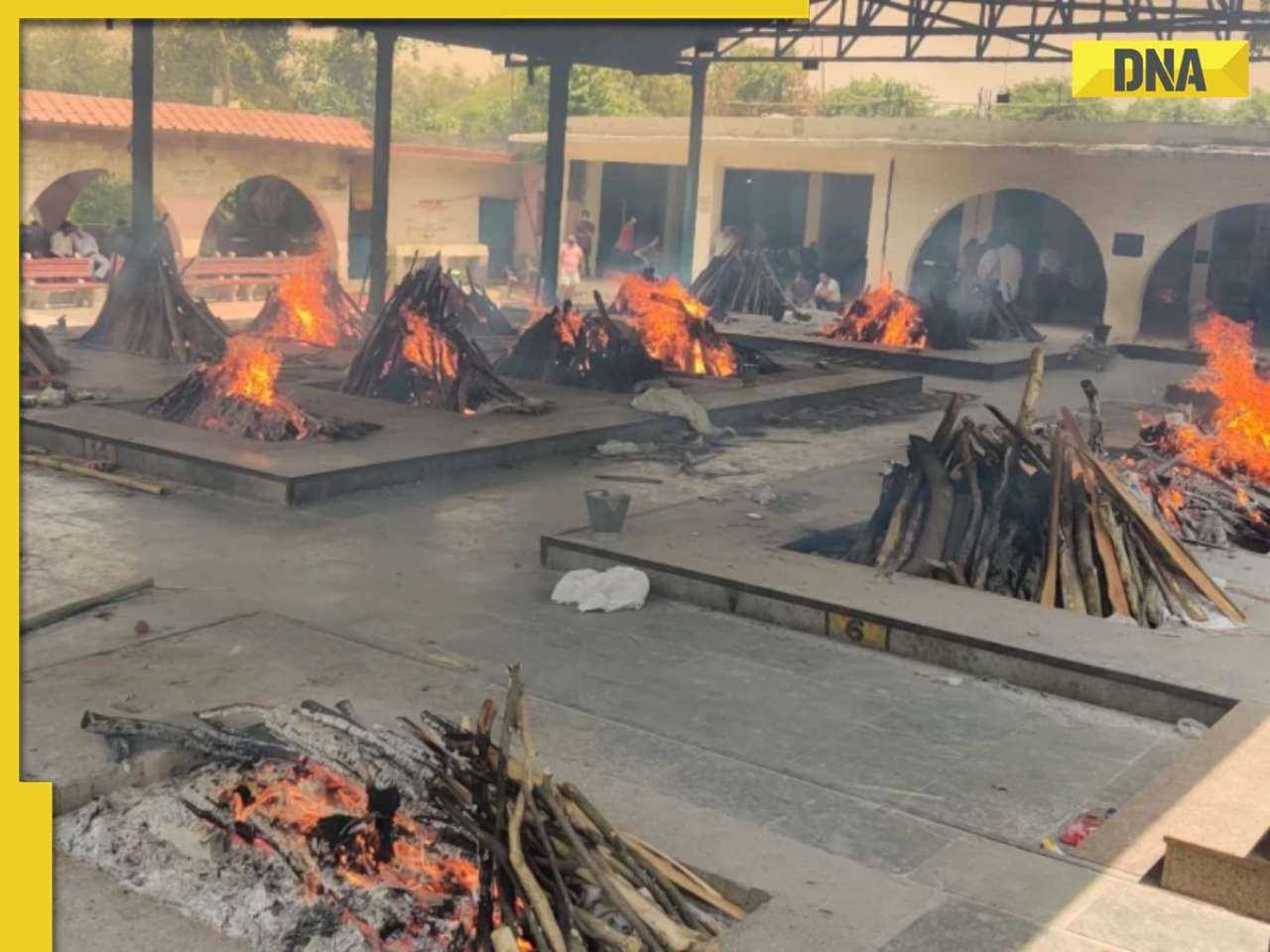




)
)
)
)
)
)
)
)
)
)
)
)
)
)
)
)





